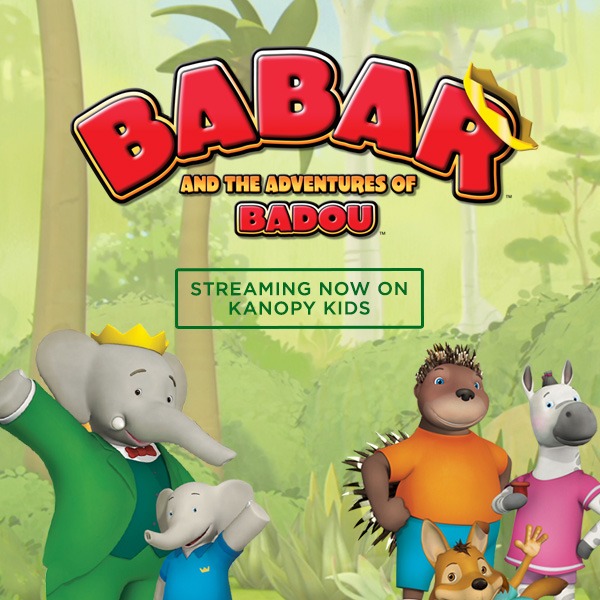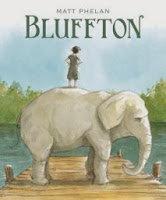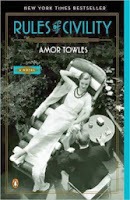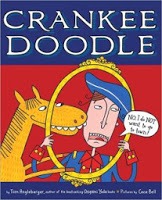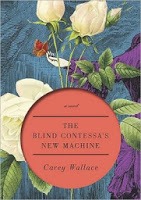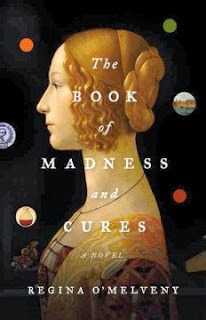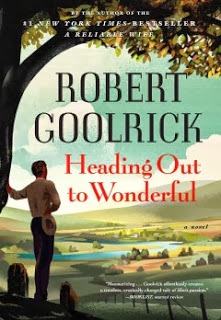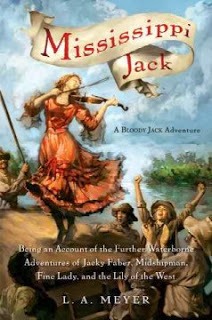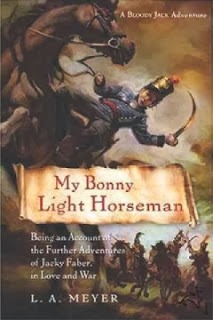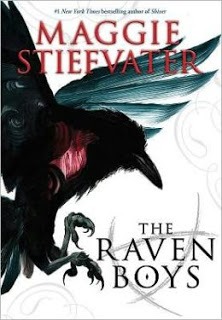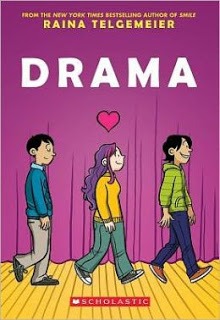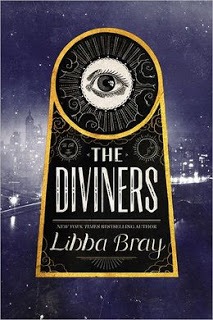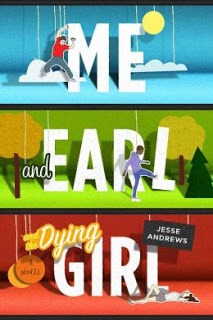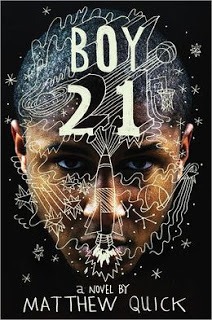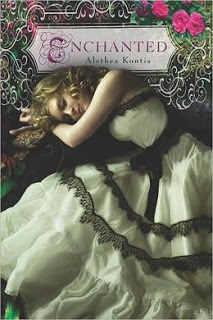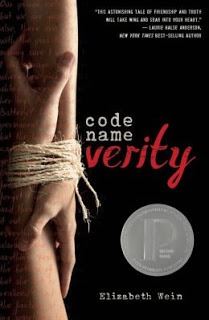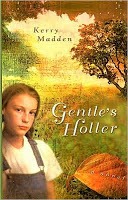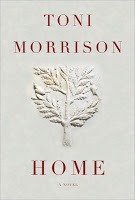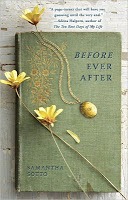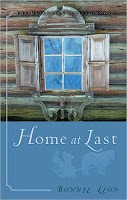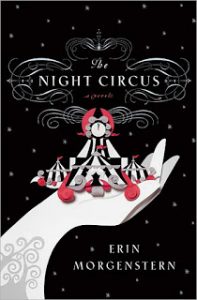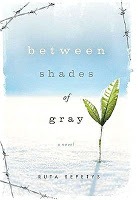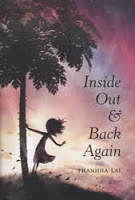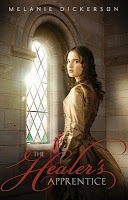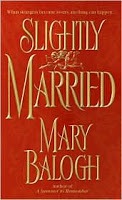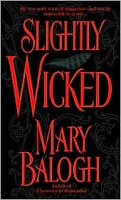Rating: 3.5/5 Stars
Genre: Historical Fiction, Coming-of-Age Story
Audience: Teen/Young Adult
Format: Audiobook (CD)
Summary: Trying to make sense of the horrors of World War II, Death narrates the story of Liesel, a young German girl who is eking out a meager existence for herself by thievery when she encounters something she can’t resist—books. With the help of her accordion-playing foster father, she learns to read and shares stories to help sustain her neighbors during bombing raids.
Tracy’s Thoughts:
I was expecting a lot from this book, and it’s possible that my lower-than-expected rating stems from my slightly disappointed reaction. As always with audiobooks, I also have to wonder whether I would have had the same reaction had I read it in print format. In this case, I don’t think so. The narration was wonderfully done. The reader—his intonations, emotions, and accent—perfectly captured the amiable yet distant voice of Death.
As to the narrative conceit in and of itself, I am somewhat conflicted. In some ways, I felt that to write a book from the (mostly) dispassionate POV of Death was quite clever. This distance and perspective add a wider scope to the narrative, allowing readers to gain a bit of context that adds to the central story of Liesel, Max, Rudy, Rosa, and Hans. For example, I liked gaining insight into what happened to thief-leader Arthur Berg after he left Molching. The conceit also allows for a first-person account of the larger atrocities and wide-scale deaths in the camps, information that would be lacking if Liesel were the narrator. But with that said, the constant foreshadowing quickly grew annoying. I really think it is unnecessary and at times even detrimental to the flow of the story. As I listened to the audio, I also I wondered at Death’s detailed knowledge of Liesel’s story. I recall a statement at one point that he wasn’t always present, cannot know everything, and saw Liesel only 3 or 4 times, but he tells the story as if he were omniscient and privy to every detail. There is a reveal at the end which shows how Death learned so much, but in his recitation of certain events (SPOILER highlight to read: e.g., when he spoke of how he felt about collecting Rudy after the bomb and his detailed memory of the others as well) it seems as if he were intimately aware of and affected by their lives before he knew the full story.
But with my narrator-quibbles aside, The Book Thief is an enjoyable bildungsroman centered on Liesel herself, her illicit hobby, her relationships, and a child’s slow realization of the evils of Nazi Germany. The characters—not just Liesel, but also Papa, Rosa, Max, and Rudy—are all vibrantly drawn. I particularly loved Hans and Max, and I was intrigued by the sad story of Ilsa Hermann. Much of the prose of this book is incredibly striking, especially when describing the characters themselves, such as the recurring motif that describes Rudy’s lemon hair. My favorite, though, was the introduction of Rosa Hubermann, who
looked like a small wardrobe with a coat thrown over it. There was a distinct waddle to her walk. Almost cute, if it wasn’t for her face, which was like creased-up cardboard and annoyed, as if she was merely tolerating all of it.
I loved this description and many others. The imagery is sophisticated and often complex. However, I also think it becomes a bit overdone and pretentious at times.
Thus, I liked The Book Thief and found quite a lot to admire about it. I agree that its Printz Honor is well deserved. However, I also find myself rather dispassionate about the story overall, much like Death’s narrative itself.



